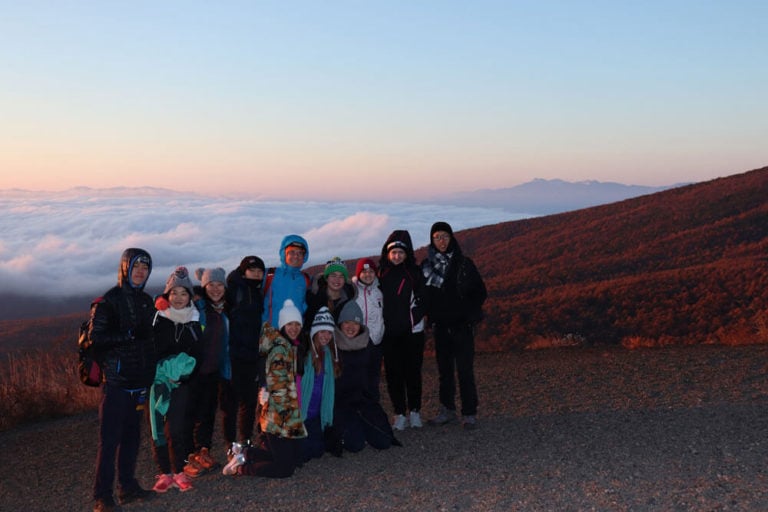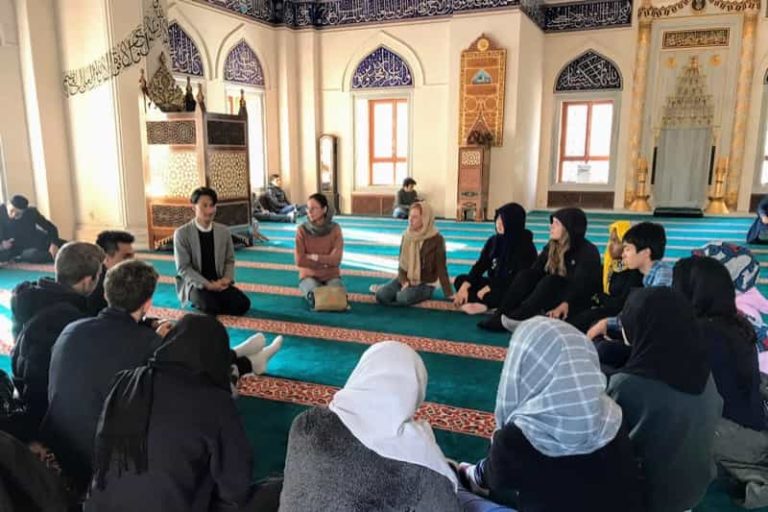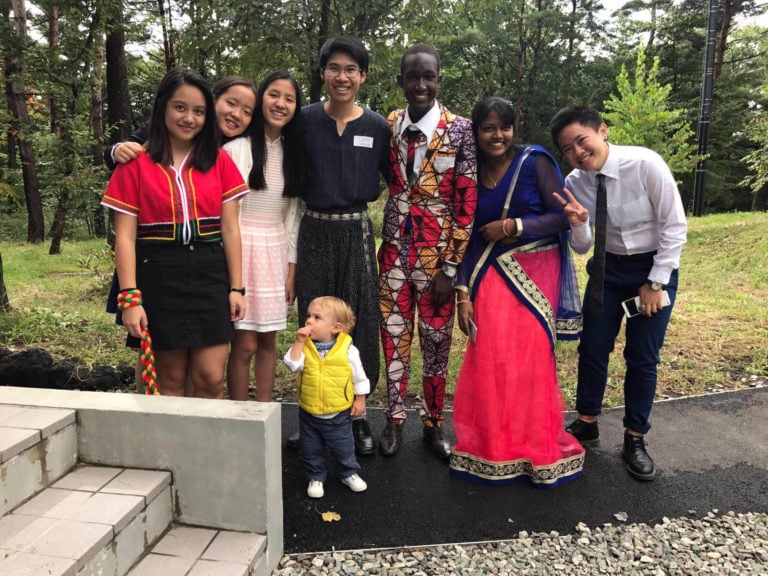A message from our Head of School Malcolm McKenzie
What does it mean to be a UWC? Is there one answer to this question? There are 18 United World Colleges, sharing the same label and brand, but existing in very different countries and contexts. Most are two-year IB Diploma schools, but a few have a much broader grade range. Here we have a Grade 10 class in our three-year college.
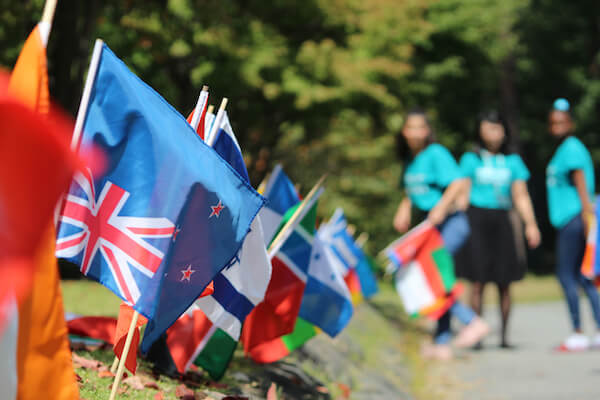
One response to the question What does it mean to be a UWC? is to say that we all share the same mission: UWC makes education a force to unite people, nations and cultures for peace and a sustainable future. But you can be sure that there are variations in the interpretation of what this means, both across and within colleges, as well as when it comes to making this succinct statement operational.
Balancing Local, Regional, and International Missions
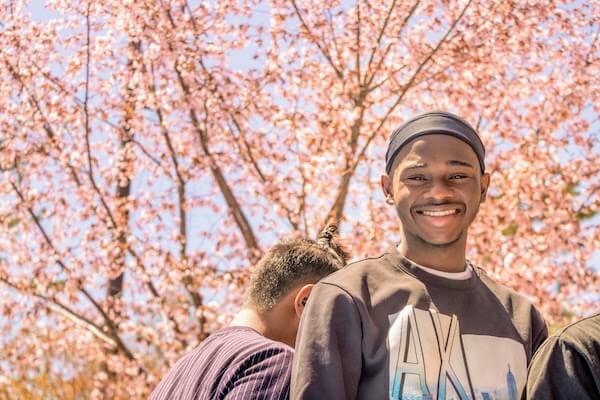 And what of our local and regional aspiration to be a distinctive boarding school for Japan and our part of Asia – the International School of Asia Karuizawa. One Life. Realize Your Potential. Be a Catalyst for Positive Change. Our distinctive and founding impetus is to produce innovative and entrepreneurial change agents within this dual framework, ISAK and UWC. How we do that needs constant attention.
And what of our local and regional aspiration to be a distinctive boarding school for Japan and our part of Asia – the International School of Asia Karuizawa. One Life. Realize Your Potential. Be a Catalyst for Positive Change. Our distinctive and founding impetus is to produce innovative and entrepreneurial change agents within this dual framework, ISAK and UWC. How we do that needs constant attention.
I was Principal of UWC Atlantic College when the current mission statement was adopted by the UWC movement. At that time there were half the number of UWCs that we now have. For such a short sentence, the lengthy debate that ensued before it was finally agreed on was striking. I remember that debate well. I also remember that I thought I knew exactly what the statement meant then, and how best to realize it in the Welsh UWC of which I was a part.
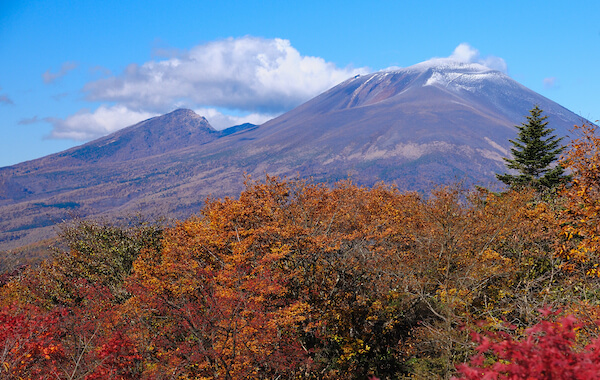 Now I am not fully sure about its meaning, or about how to act upon it. Our world has changed. The world has a habit of doing this, and we need to keep up! UWC has changed, too, and will continue to do so. We need regularly to reinvent our mission for this changed and changing context. And we must find creative ways of doing so here, in our UWC. Unlike Atlantic College, we do not have a historic Welsh castle. But then Atlantic College does not have an authentic Japanese volcano. Llantwit Major, AC’s local town, is very different from Karuizawa.
Now I am not fully sure about its meaning, or about how to act upon it. Our world has changed. The world has a habit of doing this, and we need to keep up! UWC has changed, too, and will continue to do so. We need regularly to reinvent our mission for this changed and changing context. And we must find creative ways of doing so here, in our UWC. Unlike Atlantic College, we do not have a historic Welsh castle. But then Atlantic College does not have an authentic Japanese volcano. Llantwit Major, AC’s local town, is very different from Karuizawa.
I draw attention to these differences because regional and national contexts, as I have already mentioned, shape the varied UWCs and lead to some differences among them. This diversity is to be welcomed, in my opinion. We are, after all, about celebrating unity in, through, and because of diversity. And there are multiple ways of aiming for peace and a sustainable future.
UWC ISAK Japan’s Unique Strengths
One of our special strengths is the Grade 10 Year and its signature course combining leadership training, entrepreneurial skills, and design thinking. While these skills have universal applicability, and are not specifically Japanese or Asian in orientation, the course grew from our founding impulse to be the fully boarding International School of Asia Karuizawa (ISAK). UWCness is, in a sense, grafted on to that. And as with all successful grafting, the tree that emerges is both a hardy and a fertile plant. I feel that we should be finding more ways of propagating this Grade 10 course into other areas of our curriculum and commitment.
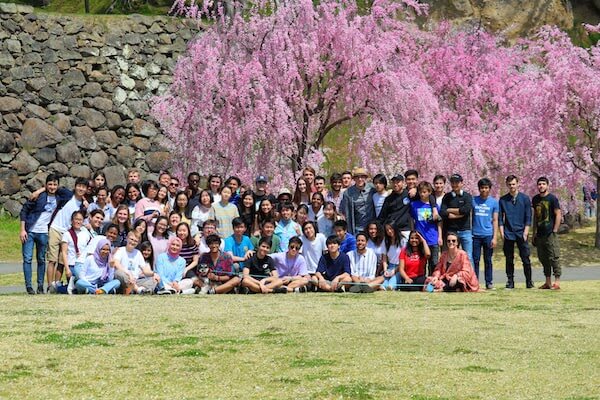
And so, what does it mean to us now to be the Japanese UWC, the UWC in Japan? I do not have any comprehensive answer, and I want us all to think about the question. Wouldn’t it be exciting if we could ponder this together and pool our best responses. What am I doing, what are you doing, to take peacebuilding seriously? How am I, how are you, assisting in the birth of a sustainable future?
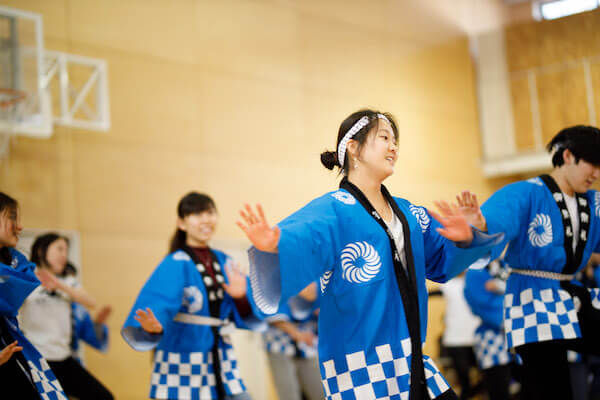 In the deliberate absence of any full response from me, because I want to open up a space for debate, here’s just one concluding thought. Please contribute yours. A distinctively Japanese aspect of our school is the daily Stop and Clean time. I do not know for sure, but I would be surprised if any other UWC does this. I like stopping and cleaning. We do something useful together, we take a break from the academic routines of the day, and we engage with each other collaboratively. It may also be the case that there is a link between keeping one’s own spaces and places in order and creating a different type of order on a larger scale.
In the deliberate absence of any full response from me, because I want to open up a space for debate, here’s just one concluding thought. Please contribute yours. A distinctively Japanese aspect of our school is the daily Stop and Clean time. I do not know for sure, but I would be surprised if any other UWC does this. I like stopping and cleaning. We do something useful together, we take a break from the academic routines of the day, and we engage with each other collaboratively. It may also be the case that there is a link between keeping one’s own spaces and places in order and creating a different type of order on a larger scale.
And so, how about finding another short period in every working weekday, of the same length as Stop and Clean, when we halt, change gear and focus on, discuss, and plan the various things that we are doing or might do within our college and outside it for creating ‘peace and a sustainable future’? This would become a distinctively UWC part of our school, grounded in our Japanese tradition. We might call this short daily time Cease, for Peace. If we all paused each day, on our own or in small groups, to reflect and act on this, we would surely create something extraordinarily powerful.
